Only in Burundi
A new book, “Only in Burundi,” provides a candid look into the post-conflict, everyday life of Burundians, from nuns to the president.
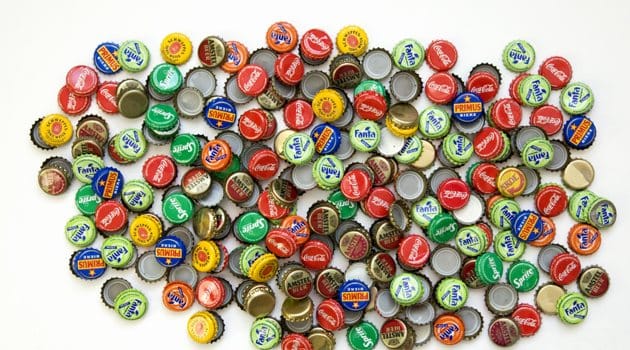
Interview by Rosecrans Baldwin
The Morning News: Did this project begin as a book?
Anaïs López & Eva Smallegange: No. We initially just wanted to see if we could document positive stories in a post-conflict area. Eva lived and worked in Burundi for a longer period of time, and after she returned, Anais became intrigued by the stories that Eva told her. Instead of stories that were only about bloodshed and misery there were stories for example about famous nuns baking cookies, stories about a former princess and about Koky, a remarkable man with an even more remarkable character. To Anais it sounded like a world she did not know existed.
In general, most people do not even know where Burundi is on the map. You see signs of recognition when you mention Rwanda and/or Eastern Congo. We started to collect these beautiful stories in images and words. The first trip resulted in several magazine and newspaper articles that were very well received. It wasn’t until after we returned that we decided that this subject needed a broader scope: that was the beginning of the book. Continue reading ↓
Only in Burundi can be purchased by emailing the authors. All images used with permission, copyright © the artists, all rights reserved.
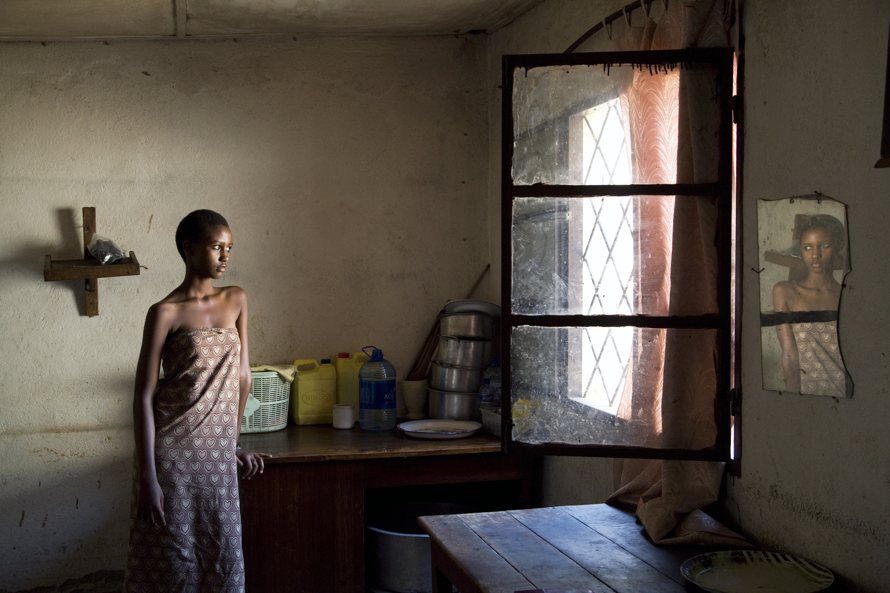
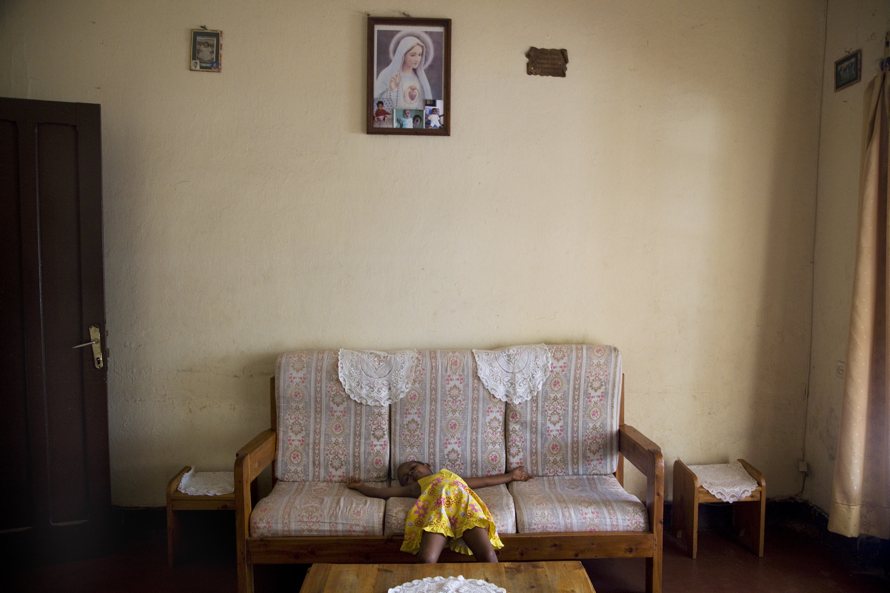
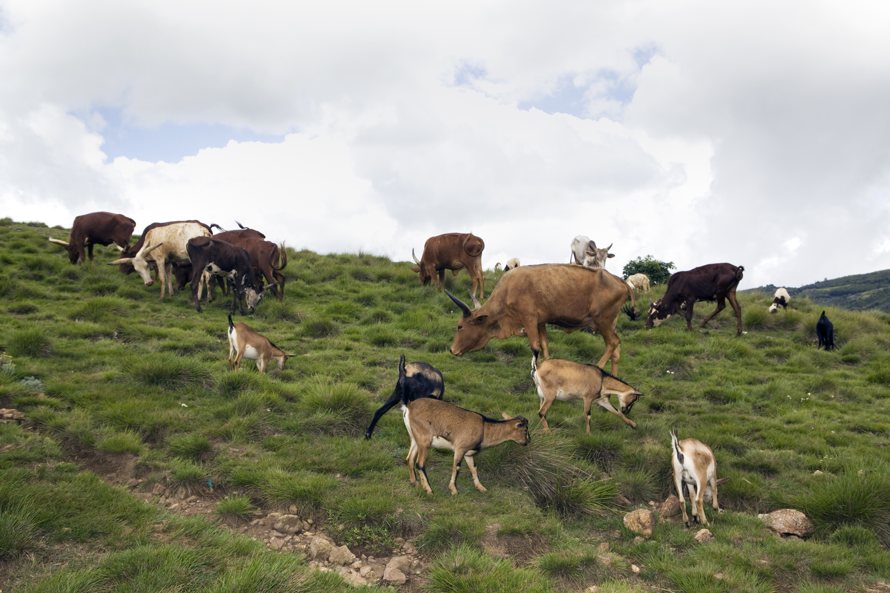
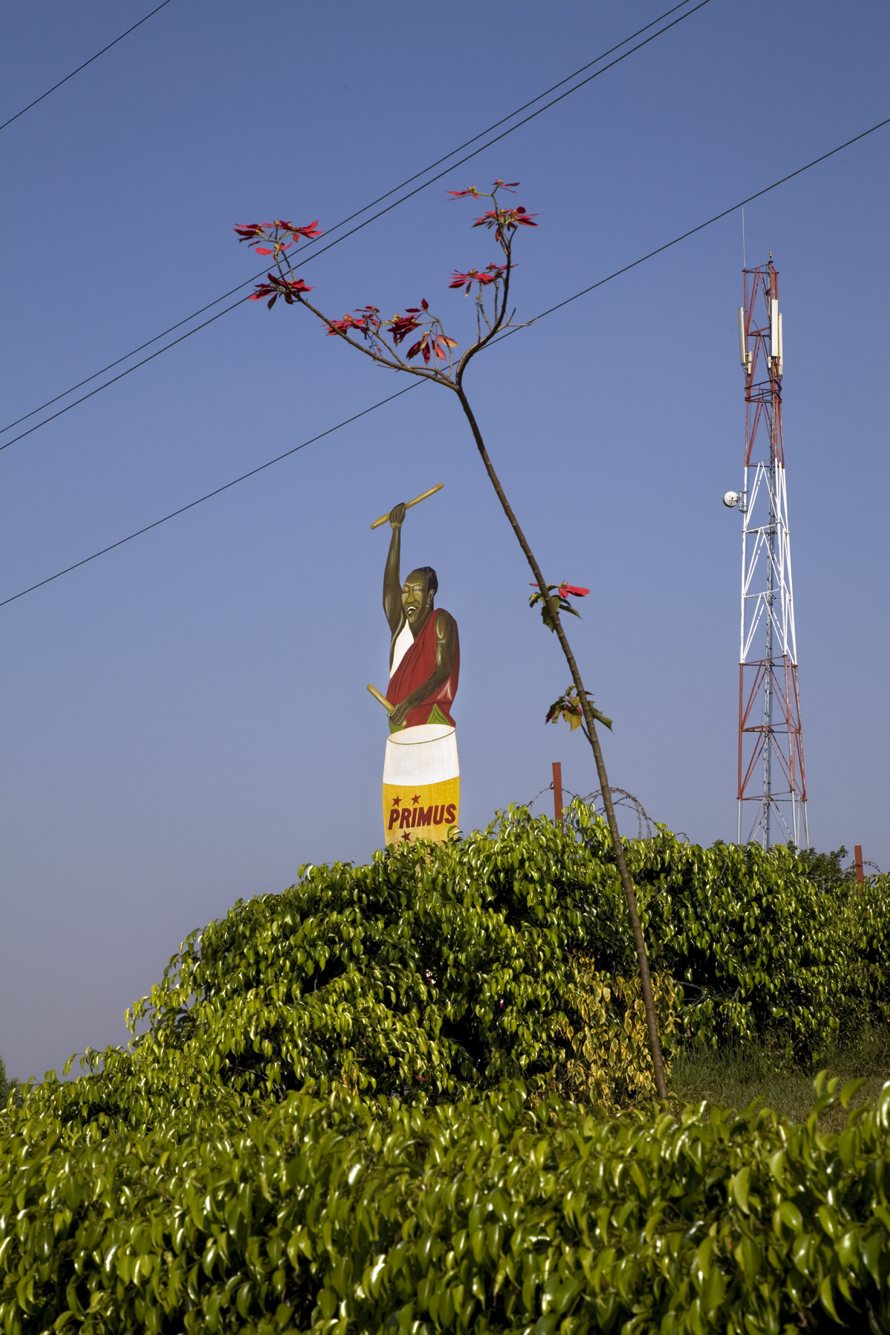
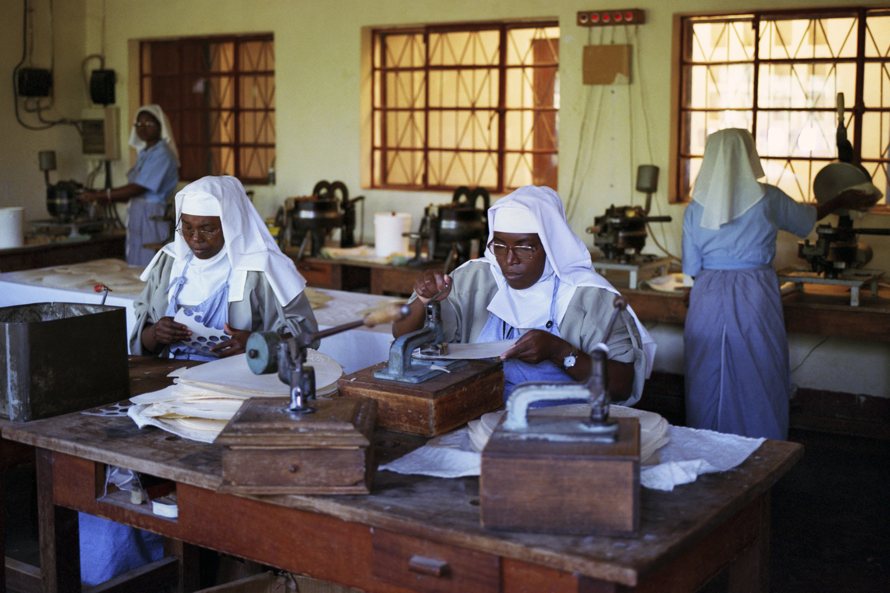
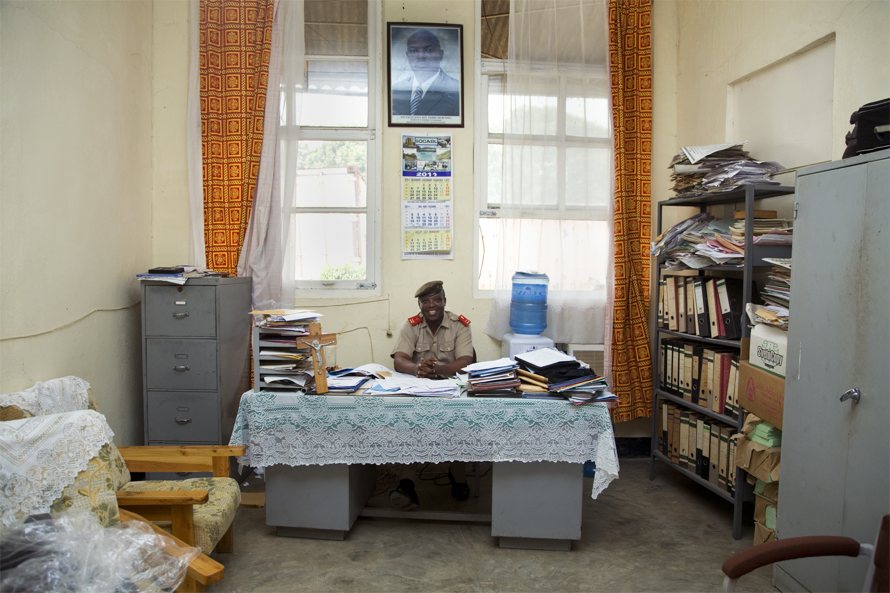
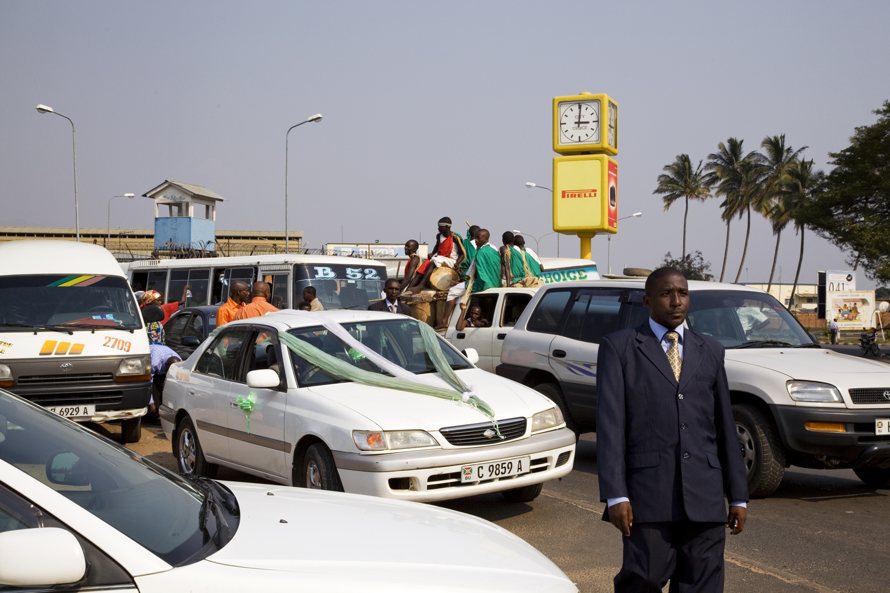
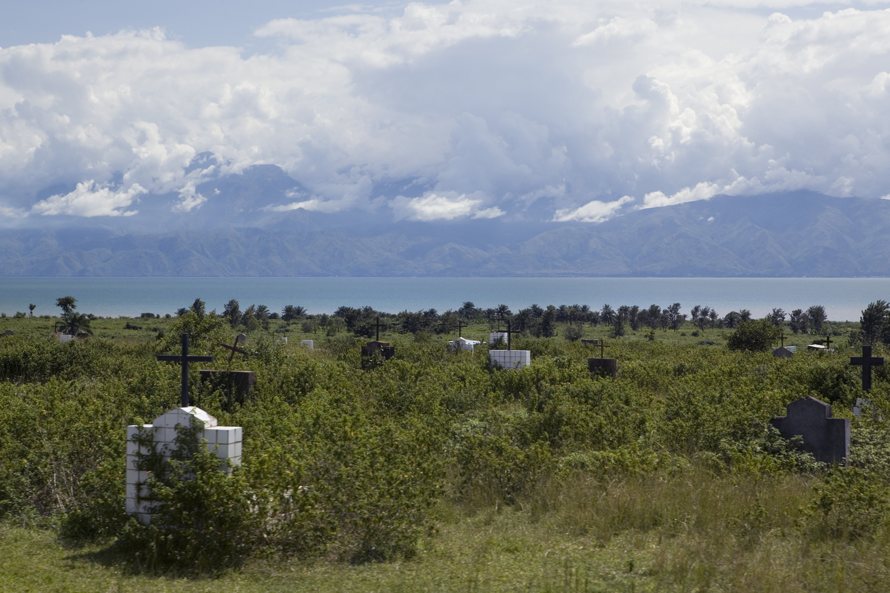
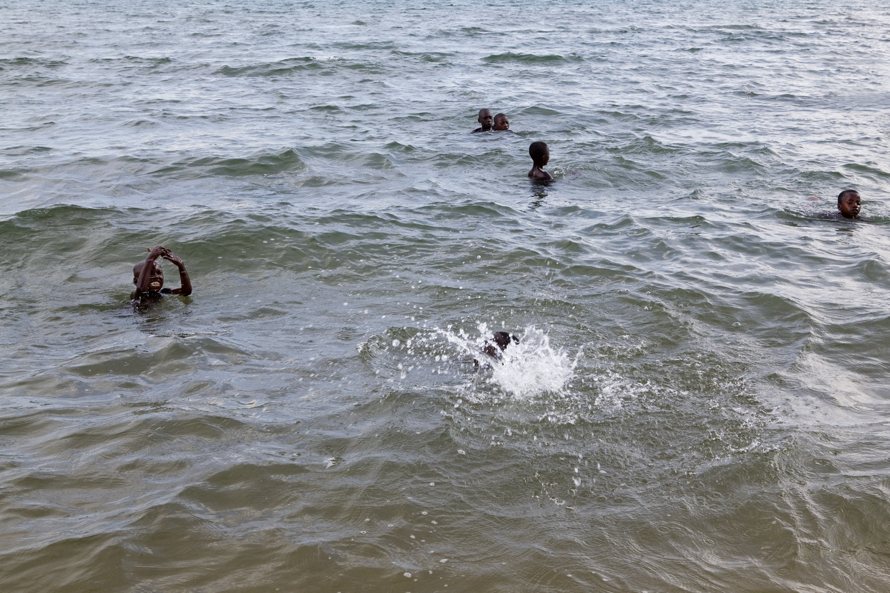
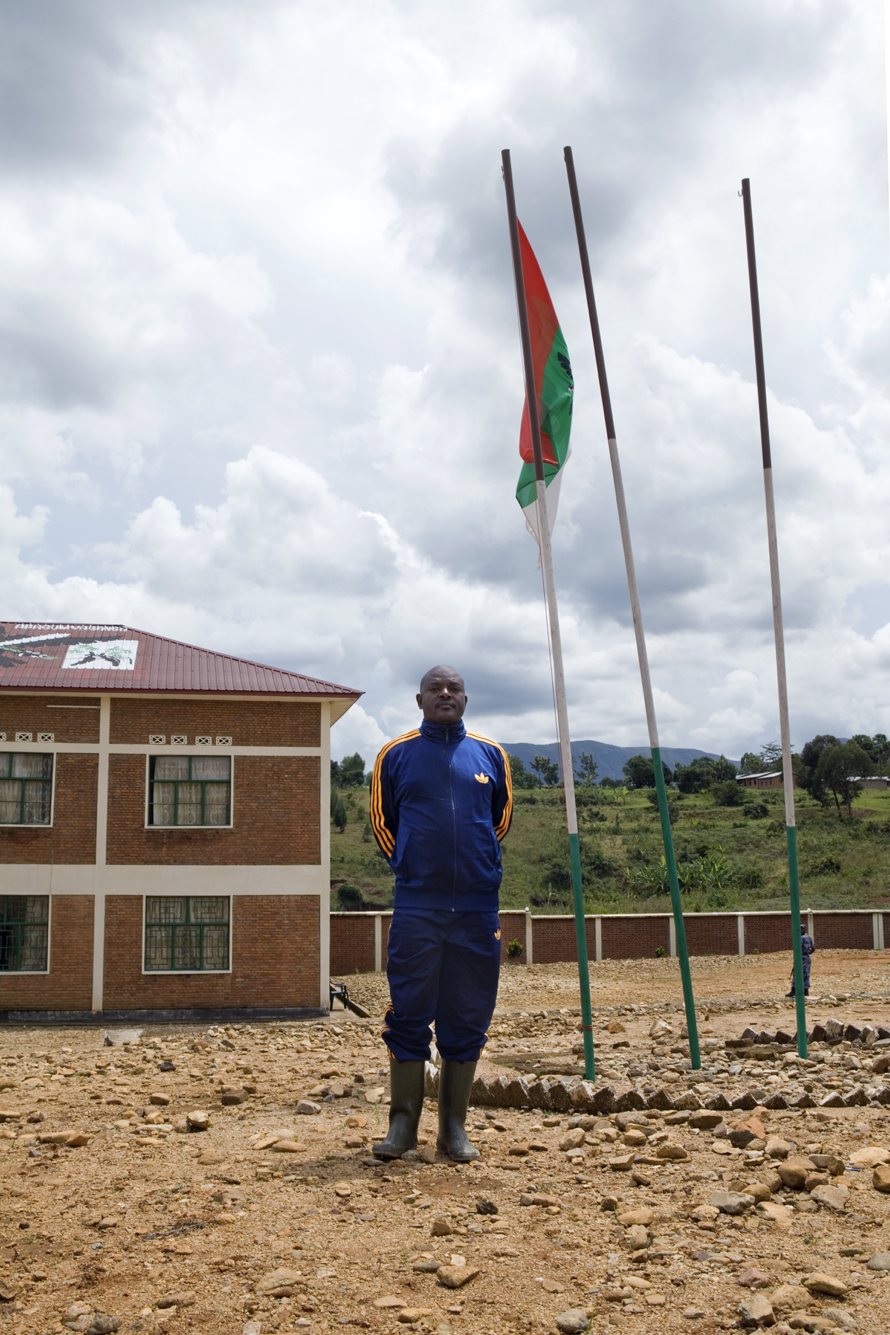
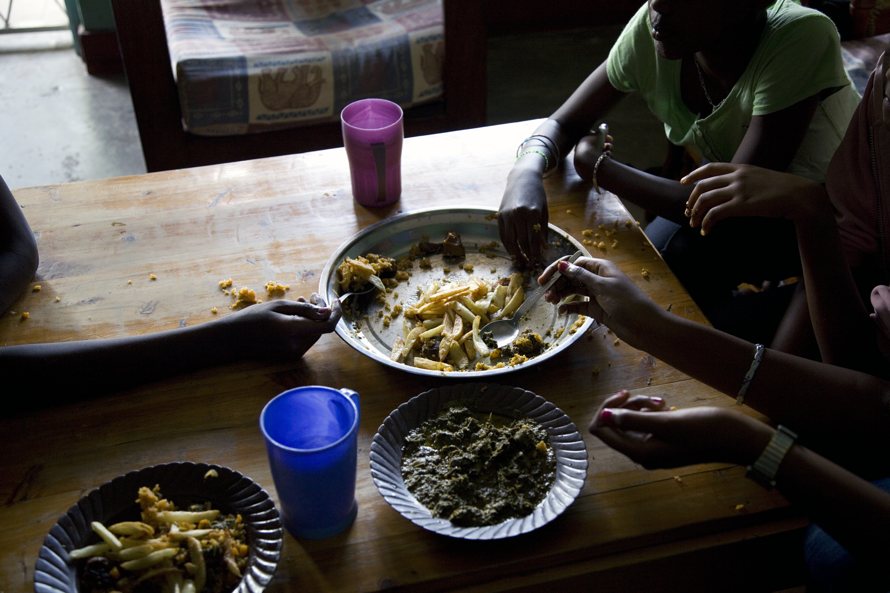
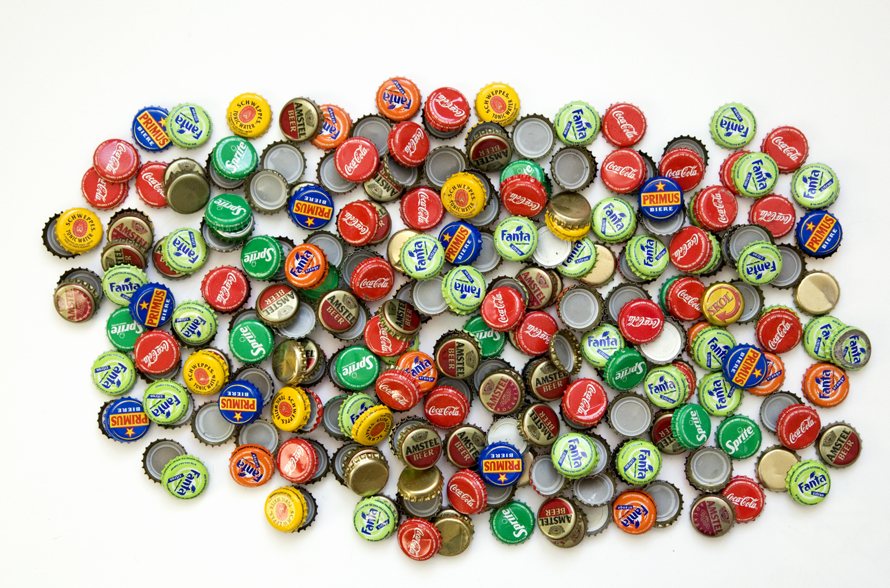
Interview continued
TMN: Who is Koky, and how does he seem to know everyone in Burundi?
AL & ES: Koky is Eva’s Burundian ‘brother.’ They started out as colleagues, became friends and now she is a member of the family. Koky comes from a well-known family. His parents were well-connected and some of his siblings have high positions in Burundian society. He has a very special gift: he can bond with everybody: poor, rich, Hutu, Tutsi, farmer or former princess. This makes it possible to meet anyone you would want. But only as long as you play by the Burundian social rules: you have to take your time and invest in social contacts and interactions. You have to eat, drink, talk, and dance with them.
TMN: According to a 2012 DHL Global Connectedness Index, Burundi is the least globalised of 140 surveyed countries. Was this evident?
AL & ES: Yes and no, which is one of the reasons why a stay in Burundi can be somewhat of a surreal experience. Burundi is clearly a country struggling hard to recover after the cyclical violence present in the area for the past 30 years. On the one hand you have almost 90% of the population living as subsistence farmers (upcountry), never leaving their birth village. When their crop is destroyed they have nothing: no backup, no healthcare, no income, no food. Most of them will probably never see a classroom from the inside and if they do their level of schooling is low. On the other hand, you have an upper class with the latest gadgets flown in on a regular basis from Dubai, such as iPhones and talking showers for their marbled villas. For lunch they meet up at fancy espresso bars with wifi.
The infrastructure is also rapidly changing: one day you could be walking on a dirt road, the next day it has been paved. Internet connections are still “under construction” and not always as stable as one would like them to be, but they are skipping cable internet and going straight to wireless and fiberglass versions.
TMN: So, is the president a good soccer player?
AL & ES: It is hard to know for sure. He has his own soccer team with quite a few talented players. But when he plays, nobody dares to tackle him or take him on too strongly. He is still the president, you know?
TMN: How important is family to Burundi society?
AL & ES: Yes. Through our connections one of the first copies was brought to Burundi. Koky started reading it immediately after it arrived. He told his daughters that he was not to be disturbed until he had finished. He is very pleased with the book. Actually what he told us was that he loved it! And the attention it is bringing Burundi…and him! People in Burundi approach him and ask him questions about the book.
TMN: How has the self-publishing experience gone thus far?
AL & ES: It is going really well. We have sold more than half of the copies in just six weeks time, almost 700 gone and counting! It helps that Anais has previous experience with self-publishing her books. All her books were self-published and she has a broad network. The good thing with this project is that it is not a photo book in the traditional sense. It is more than that: it is an alternative guide to Burundi, a storybook and a photo book all rolled in to one. This gave us the opportunity to reach a broader audience.
